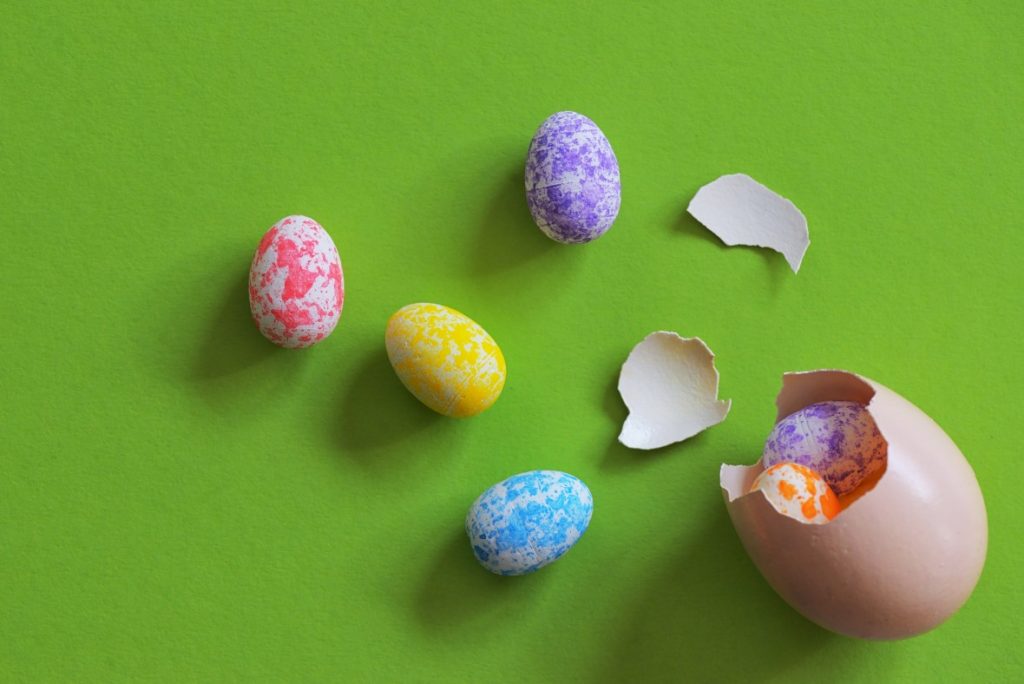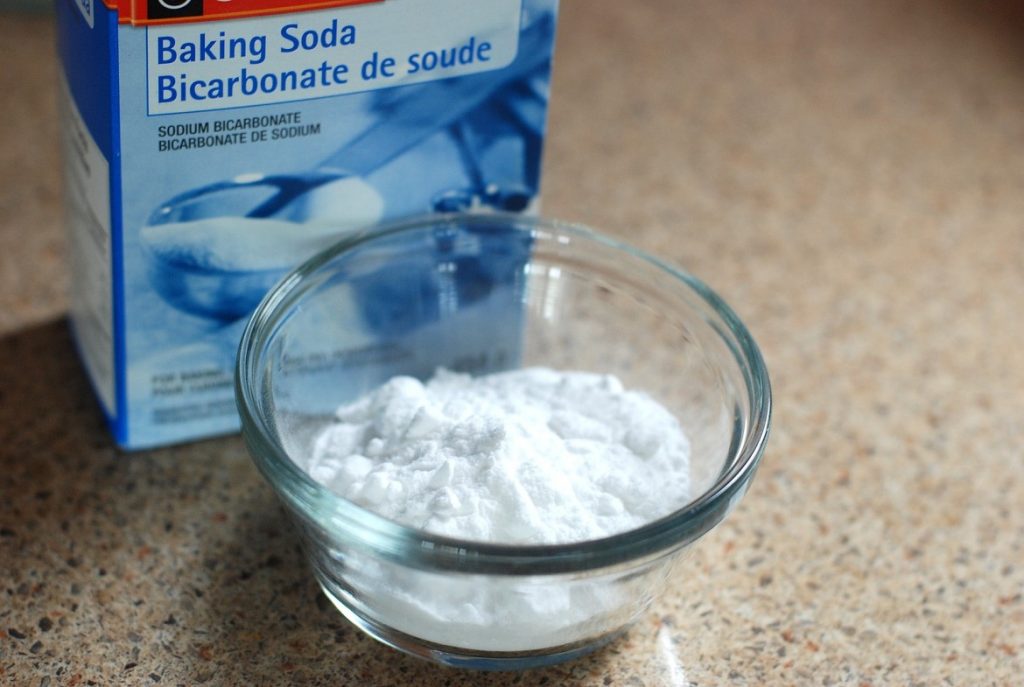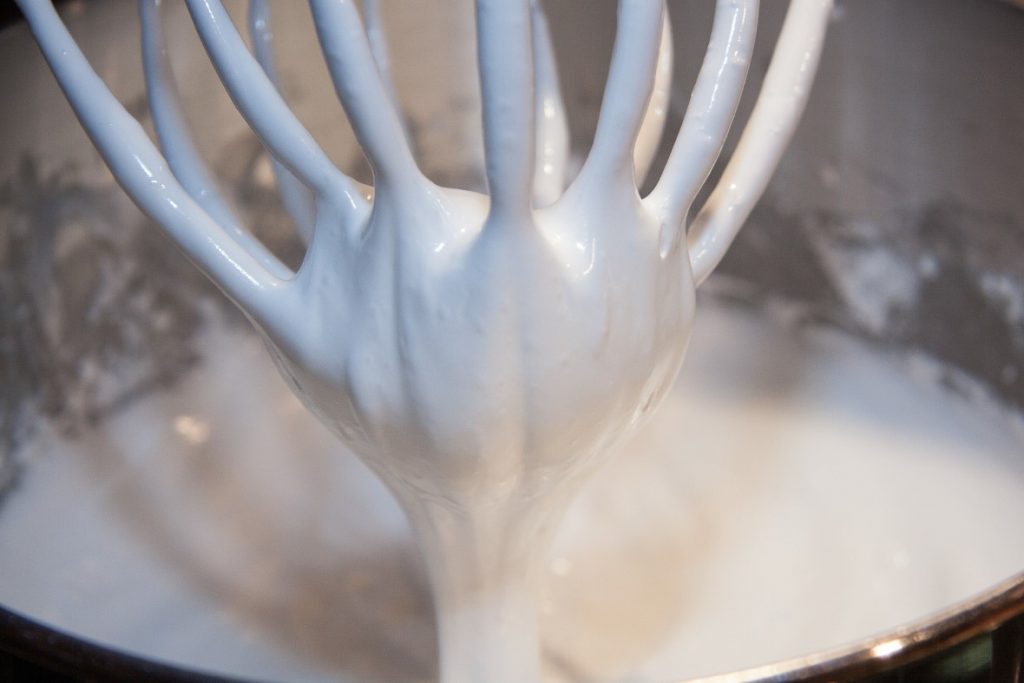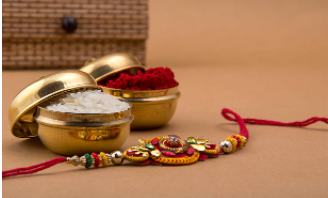
8 Baking Myths we have been hearing for generations- lets learn the reality and pass on the right information
There is always a myth or few about everything; many about baking.
Baking myths have been popularly passed on from one generation to another. Ever wondered if they are really true?
We need to have in depth knowledge about something to break those common myths. Well, no one has got that much of time and energy to look at how to break these myths. Without research, the truth might not be revealed completely, so go research or simply open www.bakehoney.com
Well, from alcohol getting baked off in the oven to margarine making cookies fluffier, we uncover some truths about baking which you probably never knew before.
And it’s time that we stop them and know the truth once and for all, so that we don’t do the same mistake of passing it over!
Here Are Few Common Baking Myths:
Baking Myth #1- Alcohol bakes off in the oven

The most common myth about baking is that alcohol bakes off in the oven, well it does not completely. Common knowledge is that alcohol has a lower boiling point than water, and thus it evaporates when baked. But it doesn’t mean that all the alcohol has evaporated completely. Some amount of alcohol remains in the final product.
The percentage that remains in the cake depends on what temperature it is baked at and for how much time.
The best flavors of alcohol are obtained when it is heated to be totally reduced, that’s when you get that nice pungent flavor which gives life to that rum cake of yours!
Baking Myth #2- Margarine helps the product to get fluffier and healthier
One of the myths about baking is that margarine helps in creating fluffier cookies or cake. Margarine is a substitute to butter; it is high on water content than butter thus slightly diluting in the dough. The cookie or cake, when baked, loses its moisture due to evaporation in the hot oven.
This leads to compromising the taste of the final product. Moreover, if you compare the calories of butter and margarine, there isn’t much difference. In fact, margarine is a synthetic fat, so it might have fewer calories but the risks of heart problems are increased.
Maybe, you could use a mixture of both? To have a tasty cookie as well as one that’s low fat, it’s best to use a combination of margarine and butter. To have a fluffy cookie, the best thing would be to beat the butter-margarine-sugar mixture well.
Baking Myth #3- Baking soda and baking powder do not expire

Everything has an expiry date but dates differ. One of the most important ingredients of baking is baking soda and baking powder. Baking soda will stay a lot longer but will not last eternity, while baking powder has a shelf life of only one year.
They both are leaving agents (add heat and moisture to create gas bubbles in a cake, and make it light and fluffy), baking powder contains an acid which lets out gas, making the cake rise. Baking soda has no such acid and relies on baking powder. If the baking powder is stored too long, exposed to humidity and/or heat, it loses its potency.
Baking Myth #4- Butter spoils, if not refrigerated
Everything has an expiry date, so does butter. Yes! Butter expires; see the expiry date on the package. Butter that we consume contains salt, which slows down the growth of bacteria that leads to spoilage. The butter we use daily will rarely spoil if left outside for a day or two.
But when keeping it at room temperature for too long, the oils in the butter will go rancid. Unsalted butter on the other hand, contains less salt, but contains enough natural salt to hamper the growth of bacteria for a while, thus it shouldn’t be kept outside for too long. Butter should be stored properly at, or below 40 degrees Fahrenheit. Also, who likes soggy melting butter!!
Baking Myth #5- Sugar only adds sweetness
Sugar just does not only give the sweetness but, it also gives the gorgeous golden brown color and that aroma which you cannot resist. When trying to reduce the sugar in a cake to make it healthy, make sure not to reduce it more than one third of its original quantity. Not only will your cake/cupcake not taste appealing, it will also not look or smell good. Also, not to forget, sugar is the food of yeast, it helps the yeast to grow, in turn raising our product.
Baking Myth #6- Adding water while whipping the cream spoils it

Yes, adding a lot of water would obviously result in a disaster, however, a dash of water while whipping would help the cream to get a fluffier and lighter texture as it reduces the temperature of the cream and makes it lighter and airy.
Baking Myth #7- Whipped cream flattens when you stop whipping it

If you constantly keep on whipping your cream, it would heat up and curdle! It is essential to give short breaks in between to ensure there is minimal rise in temperature and so, the time taken to whip is also decreased.
Think twice, do you want to stop and rest your hand or keep on curdling your creams!
This myth about baking might result in hampering the product, so be careful as to what to follow and what not.
Checkout some whipped cream recipes here!
Baking Myth #8- Approximate measurement is good enough
Who told you that! Baking is not only mixing a few items together and heating it, it is much vast. When your dish is in the oven, there are chemical reactions happening in there, every bit of ingredient has its own part to play. So this myth about baking is really no good! It is a totally complex mechanism, so whatever you do, do not play with the measurements! The secret to a good dessert is a perfect measurement of ingredients.
So, now you know the myths about baking and the truth behind them. This should help you bake easily and nicely. So, GO Bake!










